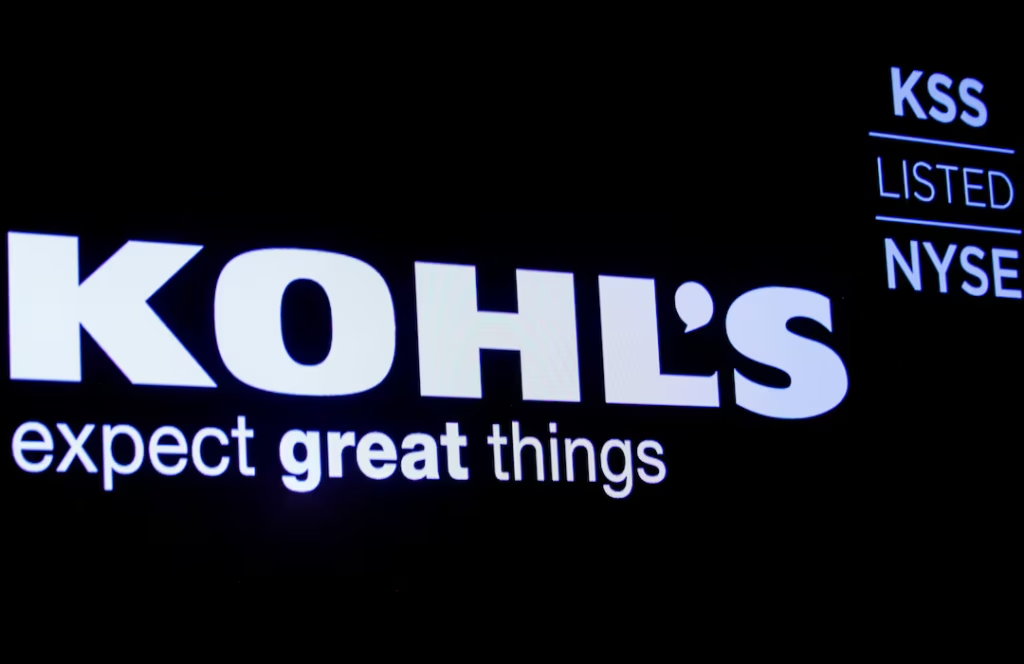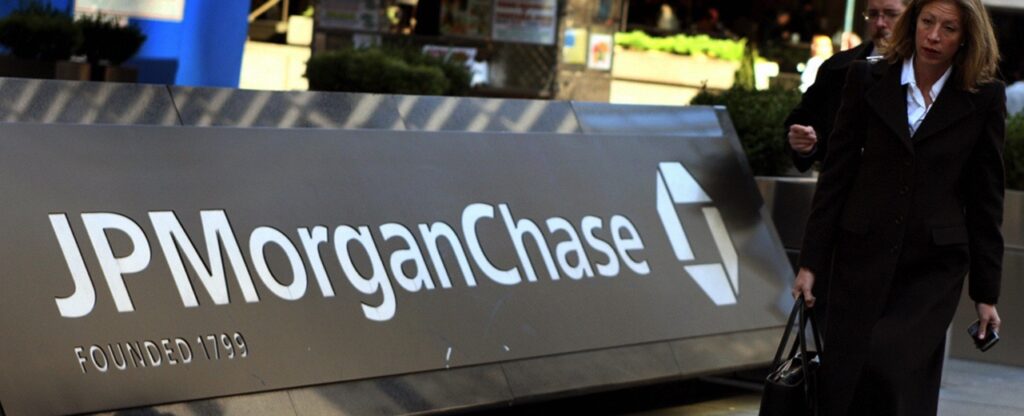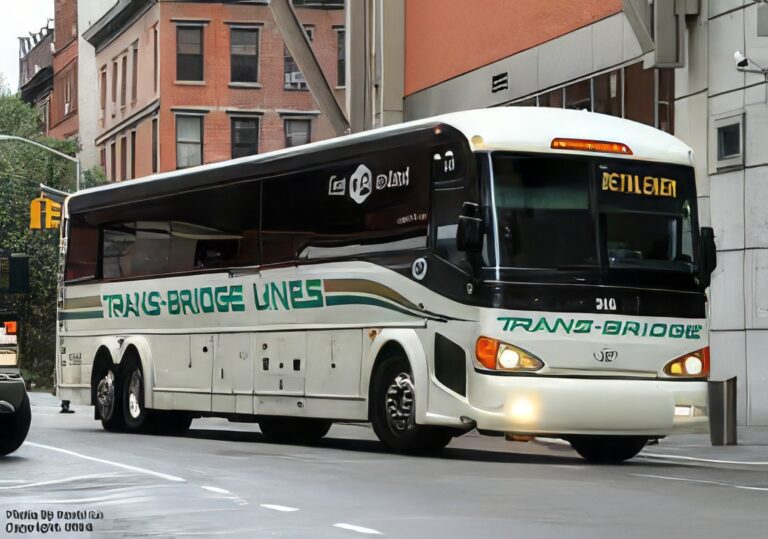The evolution of (DEI) Diversity, Equity, and Inclusion: Impacts on Employees with Disabilities
Is DEI Dead, Transforming, or Rebranding? Perhaps all three.
The conversation around Diversity, Equity, and Inclusion (DEI) has taken a dramatic turn in recent times. Front-page, above-the-fold kind of stuff. Some high profile corporations and government agencies have announced layoffs in their DEI departments, while others have cancelled them altogether. So, I think it is critically important for us to openly discuss the evolution of DEI — where its going and why.
Critics claim these shifts prove DEI was just another passing business fad and soon will have gone the way of Six Sigma, TQM, the Dodo bird, and alike. While proponents argue this is an opportunity to refocus and deepen the work. I must say I am firmly in the later camp:).
There is a Business Case to be made for DEI and it is compelling.
A countless number of research studies have shown it has real economic business value (here are just a few):
• Performance & Profitability: A 2023 McKinsey study found that companies with diverse leadership teams were 39% more likely to outperform financially.
• Talent & Retention: A 2022 Pew Research study revealed that 76% of employees prefer to work for organizations that value DEI. Younger generations, particularly Millennials and Gen Z, prioritize workplace culture and DEI as being part of critical retention strategy.
• Risk Management & Innovation: Firms with diverse teams report 20% higher innovation revenues, according to Boston Consulting Group. In the recent past, companies that chose to ignore DEI risked reputational damage, employee disengagement, and even legal challenges. Admittedly, that calculus has undergone some signifcant change.
Natural Cycle of Change
History tells us that social progress is dynamic…and certainly never moving in a straight line. It goes thru the inevitable cycles of momentum, resistance, and transformation. The Civil Rights Act of 1964 is an excellent example. At the time, many communities and businesses resisted compliance guidelines and even the laws…while today those things are all considered standard practice. I believe DEI is following the same path.
Economic downturns and political shifts have often led to skepticism about social initiatives, but this doesn’t mean they have to disappear. They can be refined, integrated more deeply into business strategies, or simply repositioned under new branding. Many of the companies scaling back formal DEI departments or initiatives will still be investing in inclusive hiring, leadership development, Employee Resource Groups, simply under broader talent and culture initiatives.
DEI has certainly been far from perfect
Many organizations launched reactive DEI initiatives circa 2020 (time of the George Floyd protests) many without long-term strategies, anchored around largely performative initiatives that led to uneven implementation and faced both internal and external skepticism. A transformed DEI will need to focus on sustainability, embedding principles into business strategy rather than relying on standalone programs.
While Corporate DEI strategies often originate in the C-suite, lasting impacts rarely happen without the employees on the ground. Truly effective inclusion work is a shared responsibility. Understand the key role of ERGs in facilitating this critical collaboration.
The Moral Imperative
Beyond pure business outcomes, I believe DEI is a fundamental reflection of societal values. The core principles of fairness, opportunity, and respect aren’t tied to a political moment; they are all timeless ideals. Even as labels shift, the underlying work remains.
A Shift in Branding, Not Purpose
Organizations that view DEI as a trend may indeed abandon or de-prioritize it. But those that recognize its deeper purpose will continue integrating it into leadership development, employee engagement, and workplace culture. As part of the evolution of DEI many companies are beginning to rebrand their Diversity, Equity, and Inclusion (DEI) initiatives rather than abandoning them. This shift reflects an effort to align with evolving business strategies while maintaining a commitment to fostering inclusive workplaces. Recent examples include Kohl’s, JP Morgan, Costco, along with many others. All of which have made strategic and very public adjustments to their DEI efforts:
• Kohl’s recently rebranded its chief DEI officer title to “Chief Inclusion and Belonging Officer” and broadened its supplier diversity program, signaling a move towards a more integrated approach to workplace inclusion.

• JPMorgan Chase Chief Operating Officer, Jenn Piepszak told employees in a recent memo that the bank is replacing the word “equity” with “opportunity.” The program will now be referred to as diversity, opportunity and inclusion (DOI).

• Costco & Others: And for those of you attempting to keep score at home 😉 The attached article “The Corporate DEI Divide: From Target To Disney, Here Are The Companies Scaling Back and Reinforcing Diversity Initiatives”. The article highlights the varying approaches corporate America is taking in response to evolving societal and political landscapes.

Some eliminating while others shifting the branding but not the mission. As part of the evolution of DEI for many businesses the commitment to creating diverse and inclusive workplaces remains a priority, simply under new names.
History suggests that DEI isn’t disappearing it’s simply adapting, transforming, and becoming more resilient. I believe the question isn’t whether it will survive but how it will continue to shape the future of work.
The insights and experiences of each individual contribute to a richer, more inclusive dialogue. I invite you to share your thoughts, experiences, or questions on this critically on the Evolution of DEI. Let’s continue this vital conversation with honesty, openness, and mutual respect. Creating space for diverse views while upholding the dignity of every voice. You’re welcome to leave a comment below or reach out to me directly
Closing thought: At the end of the day, we’re all just one bad doctor’s visit away from finding ourselves in one of the very groups DEI aims to support. Hopefully that one thought can deepen our collective empathy, strengthen our commitment, and remind us that inclusion isn’t just about “them” it’s truly about all of us.
Be balanced, stay strong.








Awesome https://shorturl.at/2breu